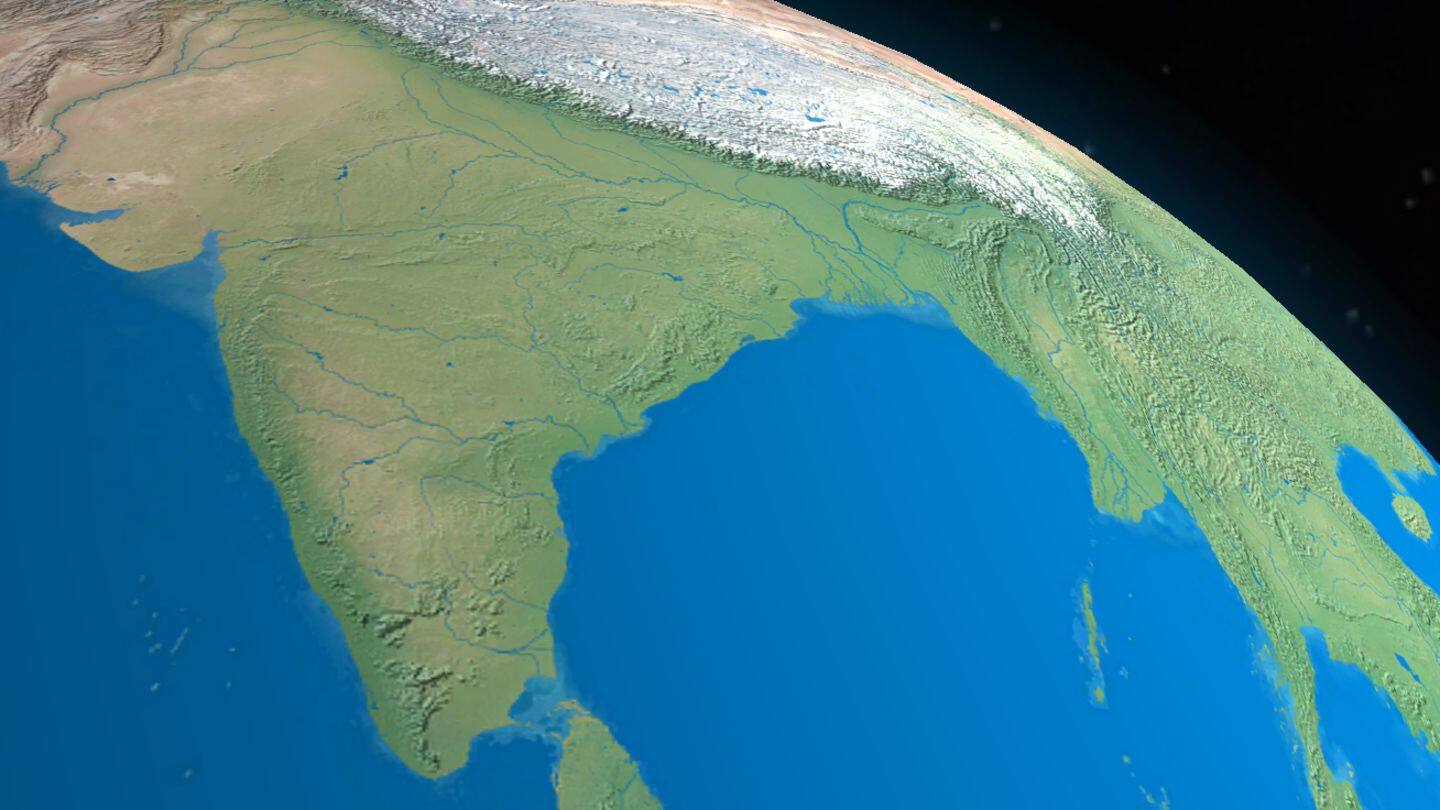
Soon our phones could have 'desi GPS' system: Details here
What's the story
At an event in Delhi, ST Microelectronics, a French-Italian semiconductor-manufacturing company, launched India's first-ever 'desi GPS' module. The module, officially named UTraQ, relies on data from Indian navigational satellites and could be used as an alternative to modules based on foreign satellites. This way, it could provide better and more reliable location and tracking services on smartphones and other consumer gadgets in India.
Working
What exactly is a GPS module, and how it works?
A GPS module is a sort of receiver that detects signals transmitted by navigational satellites in space. Once, the module receives the signal, it uses the navigational data, its transmission and reception time to determine the exact location of the device and provide other navigational services to its user. Most GPS-based apps use location services from US satellites, but UTraQ may possibly change that.
Availability
Two module variants launched, but still far from mass acceptability
ST Microelectronics has launched two variants of the module: L100 GNSS and L110 GNSS. They both will use data from ISRO-managed India Regional Navigation Satellite System (IRNSS), with the latter being a smaller Patch-on-top or POT module. However, they are still far from being integrated with modern-day consumer technology products. The manufacturer will first provide the modules to its partners for analysis.
Worthy upgrade?
Will this be an upgrade over current GPS modules?
Understandably, the technology is still at a nascent stage and unless we get some devices integrated with the new modules, there is no way we can predict the reliability of the system. However, the manufacturers believe in their functionality. They believe the tech would provide marine, aerial, and terrestrial navigation services, along with vehicle tracking, geodetic data, and other regional data.
Long wait
Interestingly, push for 'desi GPS' began in the 90s
We've been hearing about 'desi GPS' since last year, but the push for this technology started nearly two decades ago during the Kargil war. When Pakistani soldiers took positions in Kargil, India sought critical location information from the US but was denied. This prompted technologists to establish modules that didn't have to rely on foreign satellite systems, leading to the birth of UTraQ.